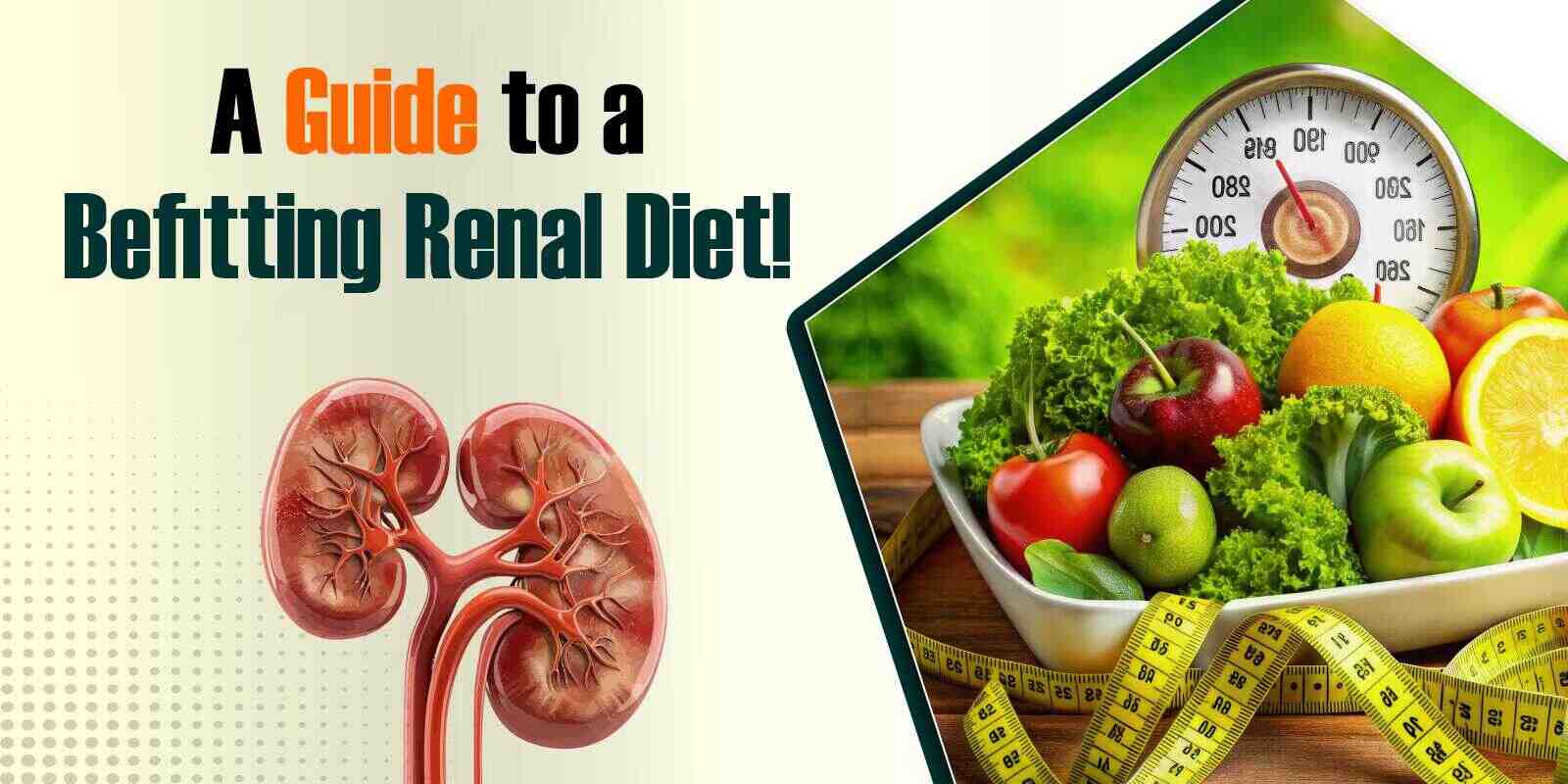
Eating well during CKD can make you feel better during the treatment. A renal diet is a part of the treatment process and not only helps in improving physical stamina but also helps avoid many complications such as fluid retention, high blood pressure, bone disease, and weight loss.
Because a person may be in a different stage of CKD than others, his dietary needs tend to vary, given his unique needs.
Having a proper kidney function is essential to remove the waste from the blood. The kidneys excrete urea, sodium, phosphate, and potassium. If not working well, the kidneys may allow the waste like these to build up in the blood. Following a renal diet plan will help prevent the accumulation of waste substances and resultant complications therein.
A kidney patient should limit the intake of the following substances:
Fast food and junk food are tasty but yet harmful to your organ. These food items have enough salt and calories for a full day. So, being a kidney patient, you should avoid these foods.
Fat, carbohydrates, and protein are an essential part of the food. Protein can be witnessed in animal and plant sources such as meat, vegetables, eggs, poultry, dairy, nuts, etc. Protein is needed for muscles, bones, red blood cells, and hormones. But most people, irrespective of their kidney disease, consume a large portion of dietary protein. The protein waste that gets produced out can be hard on weak kidneys. The nitrogen in protein is excreted as urea by the kidneys.
Being a patient, you need to consume a moderate portion of protein, which should not be more than 1 gram per kg of body weight.
Know the protein content of the food you consume
Eat fewer animal sources of protein and more plant-based protein
If your kidneys fail and you are on dialysis, your diet plan will change. During dialysis, a person is required to consume more protein to make up for the lost protein. If you are confused about the amount of protein you should consume, ask your dietician.
Phosphorus is found in meat, poultry, fish, dairy, nuts, beans, soda. Those with an impaired kidney function may have a problem in removing the excess of phosphorus buildup in the blood. Too much phosphorus can cause the risk of heart disease and drop in the calcium levels. To make the calcium up, the body extracts out calcium from the bones. It makes your bones to go fragile and weak.
During chronic kidney disease, you should:
Potassium is necessary for the body to maintain a healthy water balance between the cells and fluids. All foods in some way or the other contain potassium. Usually, when your kidney function is proper, potassium can be excreted along with urine. But kidneys that do not function well cannot remove potassium, so it starts to build up in the blood.
Potassium buildup can be unhealthy for your heart. It causes irregular heartbeats and even the heart to stop work if the potassium level reaches a dangerous level. And the worst thing is that there are no possible symptoms for someone with a high potassium level. Please consult with a renal dietician to know how much potassium can be consumed in a day during CKD; typically, it is 2000 mg.
The body needs sodium to maintain the right balance of fluid and blood pressure. But too much salt or sodium can become the reason why fluid starts retaining into the cells and tissues. If your blood pressure remains high, usually, too much salt consumption can make it worse and harm your kidneys even more.
Salt is used in many processed foods to pass on their shelf lives. So carefully choose the product, keeping in mind your daily sodium intake. There are many salt substitutes, but avoid them because they are altogether rich in potassium, which may not be safe for you.
Some high sodium foods include:
The kidneys need a proper amount of fluid to work correctly. But in times of CKD, a patient is not required to consume more fluid. However, until you reach stage 3 and retain fluid and have swelling, there are no such strict restrictions.
Some fruits have water in them, so this should be kept in mind when deciding your fluid intake. But make sure that you do not favor soda to quench your thirst. Many studies have revealed a link between kidney damage and soda consumption.
Unless you are obese or diabetic, you may not be required to consume a sugar-free diet. But if you have these two conditions, sugar and starch can have lay payoffs to your health.
So, these were kidney diet and some foods that are good and inappropriate for your kidneys chronic kidney disease patients. Following a healthy diet during CKD will equally help restore the kidney function, make you feel better, and help you in the recovery process. If you want to know more information about kidney disease, reach us at Karma Ayurveda Hospital.
Disclaimer:- The purpose of the content on this page is not to substitute any professional medical advice but to only provide information to the reader. If the reader is a kidney patient, we recommend not making any diet or routine changes without consulting his/her doctor or dietitian. For appointments, call at our 24×7 helpline: +91-9821929797 or visit www.karmaayurvedahospital.com.
"Ayurveda is not just a system of medicine; it's a way of life. Connect with us to embrace a lifestyle that nurtures your body, mind, and soul."

Certificate no- AH-2023-0186
JAN 05,2023-JAN 04,2026